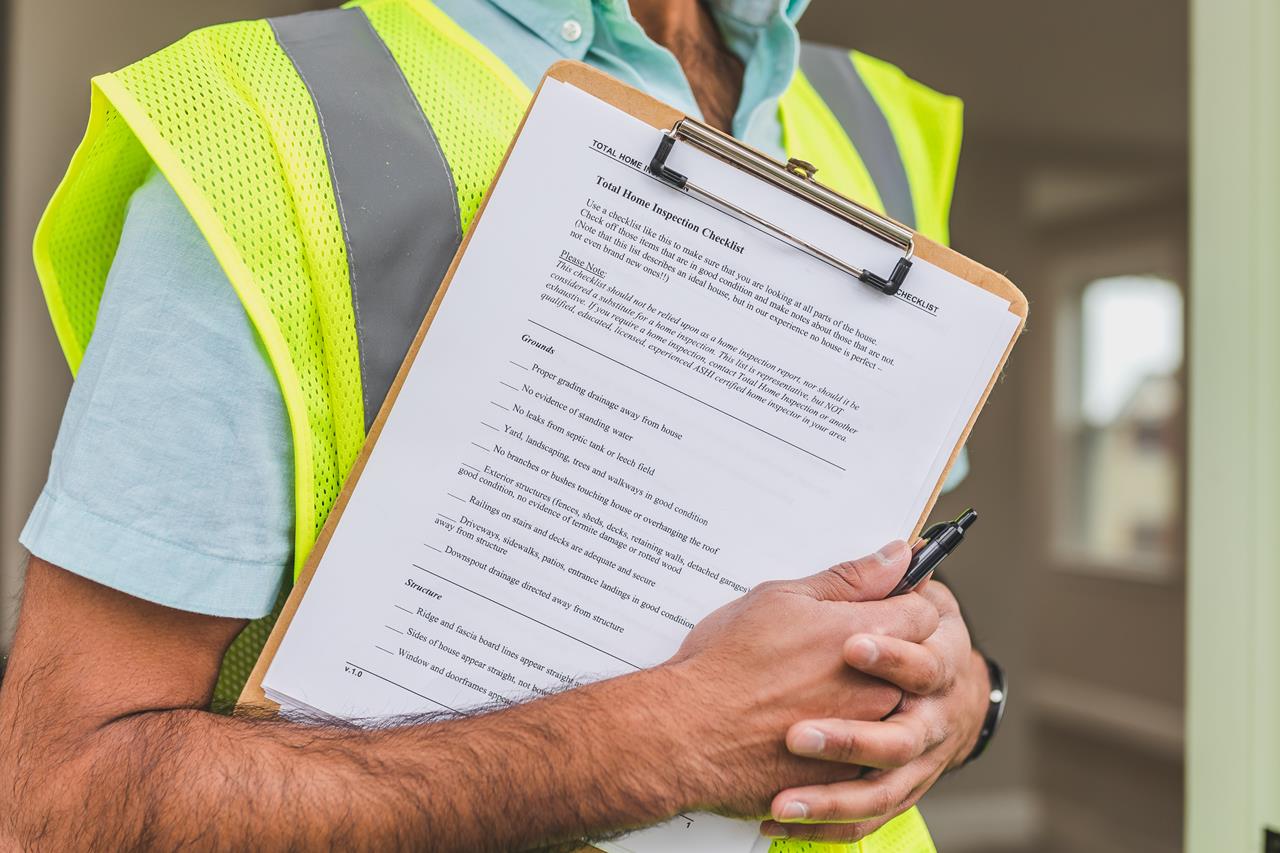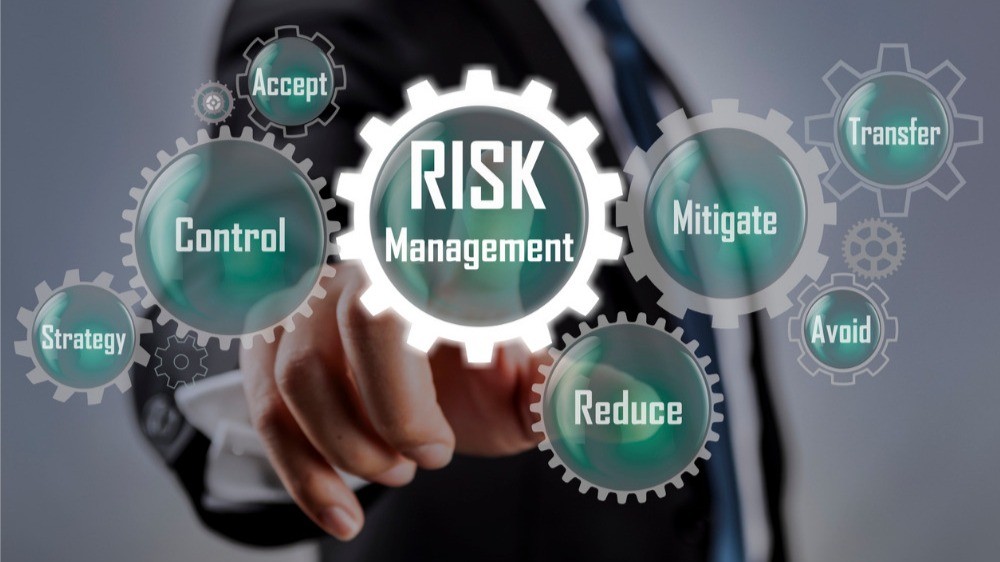As landfill sites across South Africa rapidly reach capacity, municipalities face increasing pressure to improve the country’s waste management systems. The National Environmental Management: Waste Act 59 of 2008 (“the Act”) was introduced to give effect to section 24 of the Constitution, which provides that everyone has a right to an environment that is not harmful to their health and well-being.
Purpose and Objectives of the Waste Act
The Act provides a comprehensive framework for regulating waste management and aims to:
- Minimise the generation of waste;
- Promote the reuse, recycling, and recovery of waste;
- Ensure the environmentally sound treatment and disposal of waste;
- Prevent pollution and ecological degradation; and
- Facilitate integrated waste management planning at all levels of government.
Key Provisions of the Waste Management Act
1. Definition of Waste
Waste is broadly defined as any substance that is no longer wanted, regardless of its potential for reuse, recycling, or recovery. However, materials that have been processed to the point that they possess the same characteristics as raw materials are not classified as waste. Similarly, by-products that serve as direct substitutes for raw materials are excluded from this definition.
2. Municipal Responsibility for Waste Collection
It is the constitutional duty of local municipalities to provide waste management services, which include the collection, storage, and disposal of waste. However, service levels and infrastructure vary across regions, which can impact the effectiveness of local waste management systems.
3. General Duties of Waste Generators
Anyone who generates waste has a legal obligation to take reasonable steps to avoid its creation. Where avoidance is not possible, waste must be reduced, reused, or recycled. Disposal and treatment are to be considered only as a last resort.
4. Licensing Requirements
Businesses undertaking any listed waste management activity must apply for and obtain a waste management licence before commencing operations. This licensing system ensures that activities are conducted in line with environmental and safety standards.
5. Extended Producer Responsibility (EPR)
In terms of Section 18 of the Act, producers are now responsible for the entire lifecycle of their products, including post-consumer waste. All producers are required to join an approved EPR Scheme or a Producer Responsibility Organisation (PRO) and must pay the applicable fees. This aims to promote circular economy practices by encouraging producers to design more sustainable products.
6. Priority Waste
The Minister may declare certain waste streams as priority waste if they pose significant risk to human health or the environment. Asbestos is one such example – despite having been phased-out, it remains present in many older structures. Entities handling such waste must comply with specific regulatory requirements.
7. Transportation of Waste
Only licensed waste management facilities may receive waste for processing or disposal. Transporters must ensure that waste is only delivered to such licensed sites. Furthermore, any organisation transporting waste for commercial gain must register with the relevant Waste Management Officer (WMO) and report details such as the type and volume of waste transported.
Compliance and Enforcement
Non-compliance with the Waste Act is a criminal offence. Offenders may face fines, imprisonment of up to 15 years, or both. To comply with the Act, businesses are expected to develop and implement a waste management plan that outlines how waste will be handled, stored, transported, and disposed of in a lawful and responsible manner.
Looking Ahead: A Shared Responsibility
In a world where nearly all goods come packaged in plastic, cardboard, glass, metal, or polystyrene, completely avoiding waste is increasingly challenging. However, this makes it all the more important to manage waste responsibly and sustainably, not only for current needs but also for the benefit of future generations.
Effective waste management is not just a legal obligation; it is a shared duty to protect our environment and public health.
Contact Ariscu for tracking and compliance with your organisation’s waste management activities.







